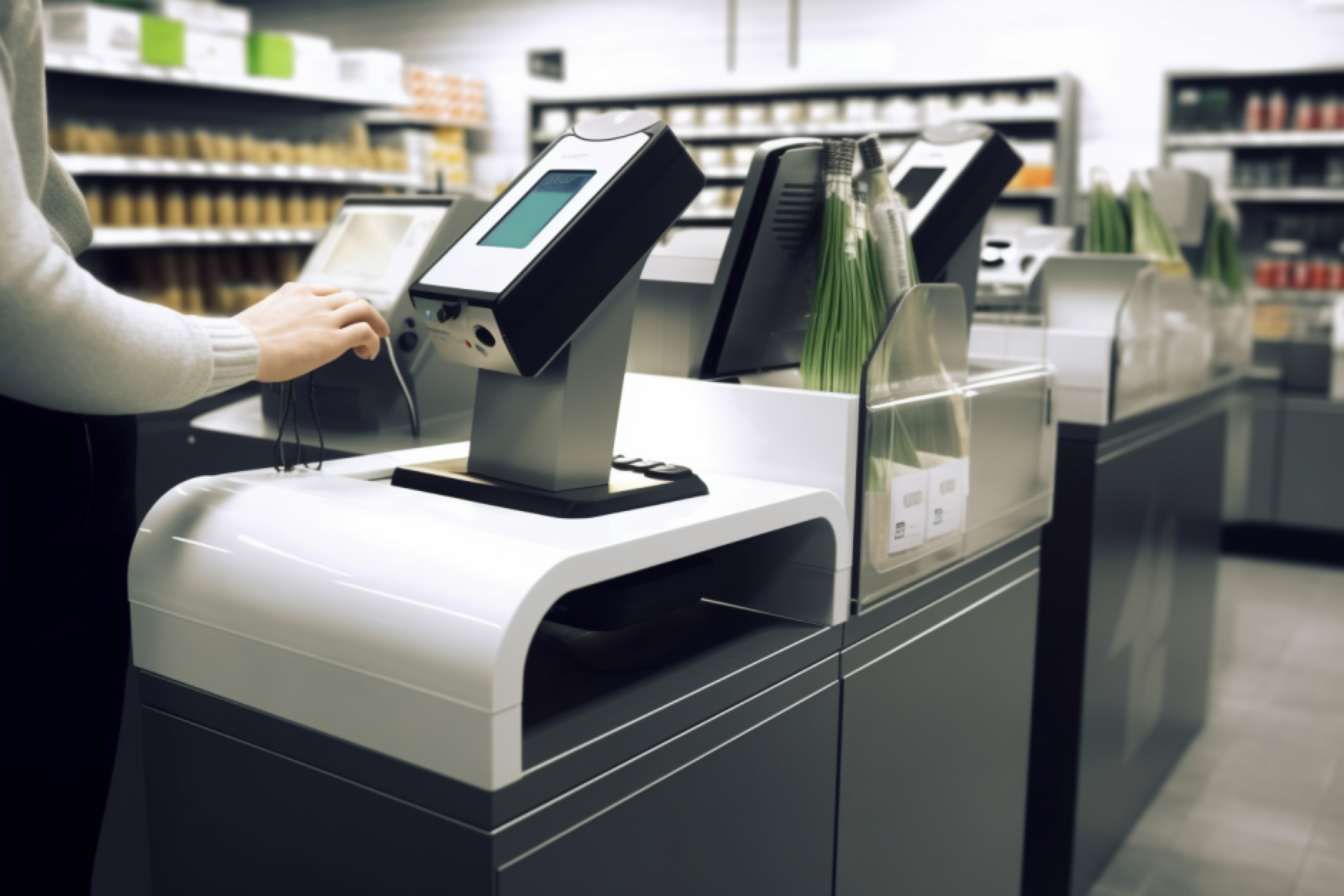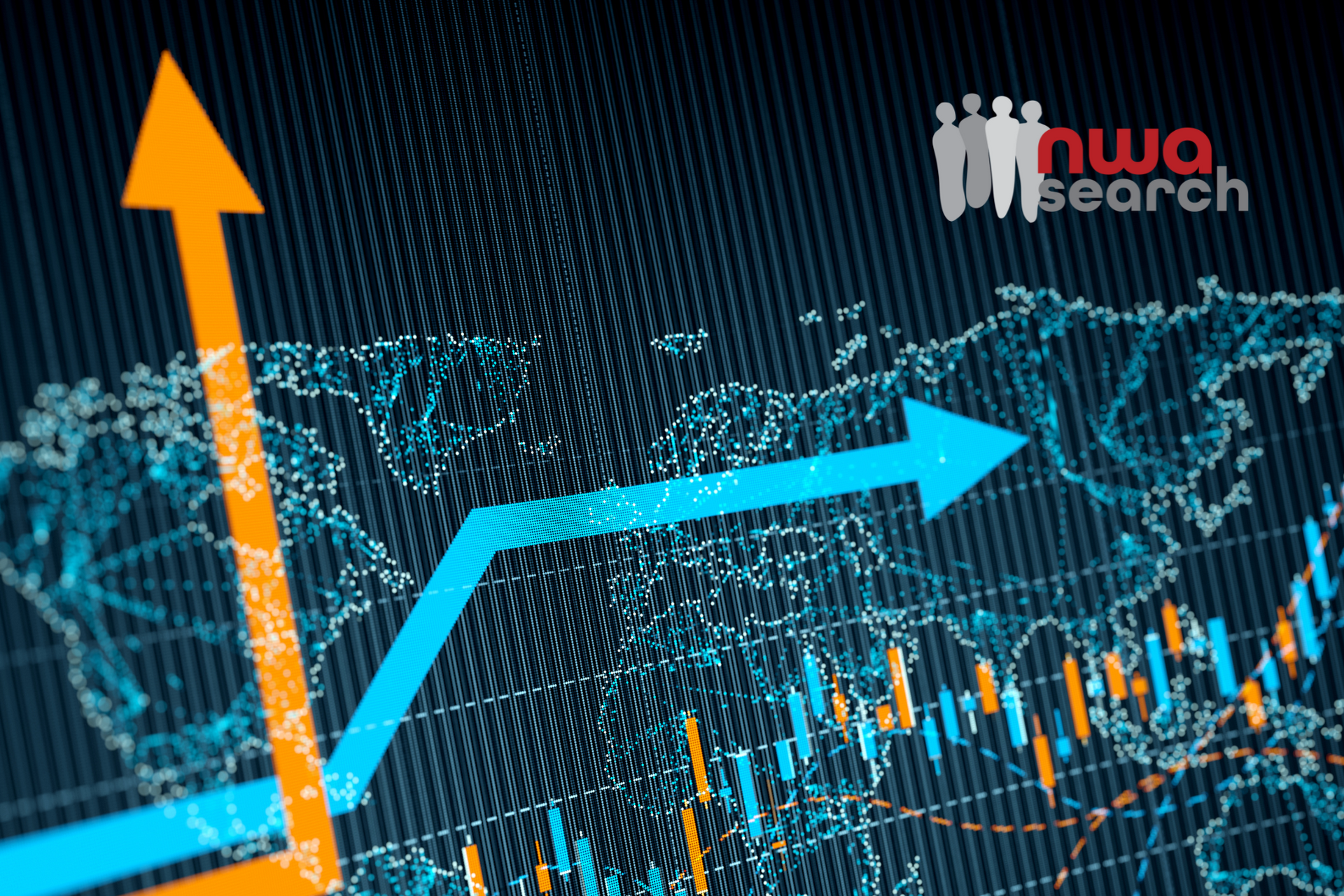The Financial Side of Shopping Innovation
The Financial Side of Shopping Innovation: Investing in Tomorrow’s Retail Experience
by Bojana Ristic | Pre-IPO & Startups

The retail landscape is undergoing a shift, driven by innovative technologies that are reshaping the way consumers interact with brands and products. As retail innovations such as self-checkout systems and smart shopping carts become increasingly prevalent, the financial implications of these advancements are catching the attention of forward-thinking investors. This article delves into the investment potential inherent in these trends, offering insights into how investors can position themselves to capitalize on the ongoing transformation of consumer shopping habits.
Investment in Self-Checkout Systems
The rise of self-checkout systems represents a fundamental shift in the retail sector, as consumers embrace a seamless and efficient way to complete their purchases. These systems leverage automation and intuitive user interfaces to minimize wait times, providing customers with greater control over their shopping experience. From a financial perspective, the investment opportunities tied to companies driving this trend are intriguing.
The companies at the forefront of self-checkout innovation are not only improving customer satisfaction but also reducing operational costs for retailers. Investors who recognize the long-term value of these solutions position themselves to benefit from both the increasing adoption of the technology and the potential for enhanced profitability among retailers. While the self-checkout market is undoubtedly promising, investors should also consider the broader ecosystem in which these solutions operate.
Smart Shopping Carts and Their Impact on Investments
Smart shopping carts have emerged as a beacon of convenience in the modern retail arena. Equipped with advanced features such as touch screens, computer-vision systems, and mobile payment capabilities, these carts redefine the shopping experience by allowing customers to navigate stores with ease while making informed purchase decisions. From an investment standpoint, the potential for growth in this sector is noteworthy. Companies pioneering the development of smart shopping carts are not only catering to current consumer demands but are also well-positioned to shape the future of retail.
The integration of data analytics into these carts provides retailers with valuable insights into customer preferences and behaviors. As the synergy between technology and consumer data continues, companies capable of translating these insights into strategic decisions hold substantial value. Investors who recognize the potential for data-driven retail strategies and actively seek opportunities within this domain can position themselves advantageously in a market that stands at the intersection of technological innovation and financial growth.
A Guide to Navigating the Financial Waters
As the retail landscape undergoes a profound transformation, investors must navigate a dynamic landscape characterized by rapid technological advancements. A prudent approach involves understanding the intricacies of each innovation and identifying companies that demonstrate the potential to drive long-term value. Comprehensive research into the financial health, growth strategies, and market positioning of these companies is essential for making informed investment decisions.
Furthermore, diversification emerges as a key principle in capitalizing on the investment potential of retail innovations. Investors who build portfolios with exposure to various components of these trends, including self-checkout systems, smart shopping carts, and supporting technologies, position themselves to benefit from a holistic perspective on the evolving retail ecosystem.
Conclusion
The rise of self-checkout systems and the integration of smart shopping carts redefine the retail experience, and savvy investors who recognize the potential of these trends can strategically position themselves to reap the rewards. By staying attuned to the companies driving these innovations, understanding the broader ecosystem, and embracing diversification, investors can navigate this dynamic terrain and make choices that align with both technological progress and financial growth.










